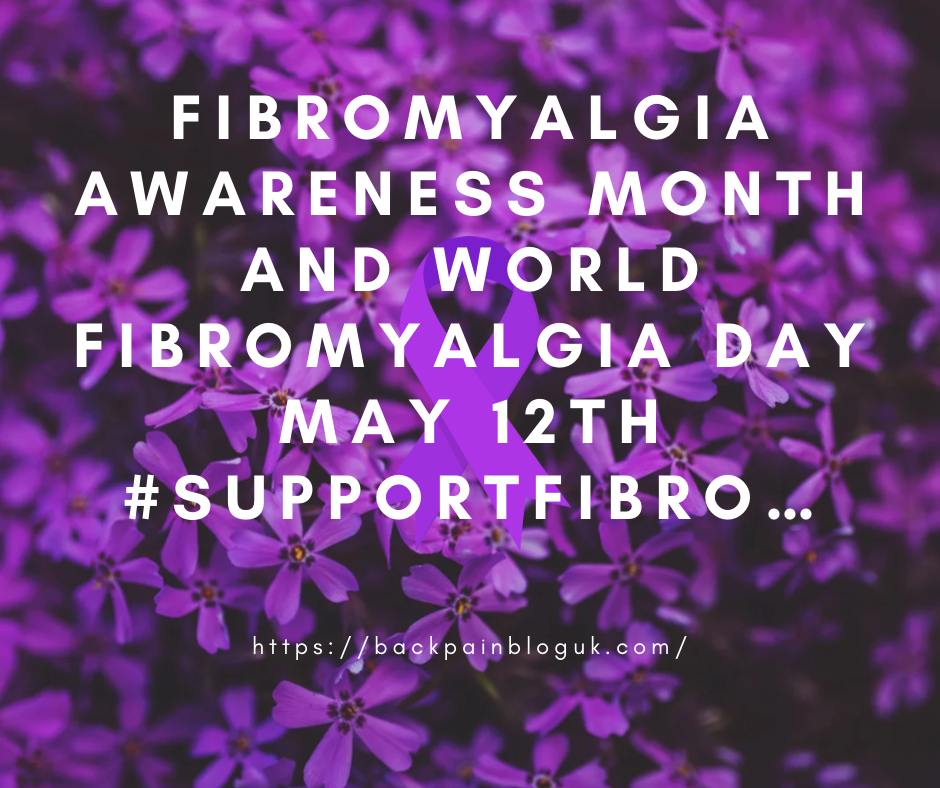The warm and sunny days of summer offer the perfect backdrop for outdoor activities and relaxation. But as the temperature rises, so do the chances of encountering various skin issues. Yes! Summer may cause a variety of skin ailments, including sunburns, summer itch, rashes, bug bites, and pimples.
However, no need to worry! This detailed blog article looks at the most common skin disorders that occur throughout the summer and gives essential tips on how to treat and avoid them.
6 Summer Skin Problems & How to Prevent Them
By being proactive and informed, you can effectively prevent and manage common summer skin problems, allowing you to enjoy the season with confidence and glowing skin. So here is the list of 6 most prevalent skin issues that can bother you at this time of year with the solution to prevent and treat them
- Acne Breakouts
The combination of heat and humidity during the summer can lead to an increase in oil production, potentially making your skin acne-prone. It’s crucial to maintain a consistent skincare routine tailored to combat excess oil and impurities. Cleansing your face twice daily with a gentle, non-comedogenic cleanser can help keep breakouts at bay.
Additionally, using a clean, anti-bacterial towel is a crucial step in preventing acne breakouts. By ensuring that the towel you use is free from bacteria and other impurities, you can significantly reduce the risk of transferring these harmful elements to your skin.
- Folliculitis
Folliculitis, a condition characterized by irritated hair follicles, is frequent in the summer. It is caused by bacteria, fungi, or viruses, especially in areas prone to friction and perspiration, such as the thighs and buttocks. To avoid folliculitis, wear loose, breezy clothing and exfoliate the afflicted regions on a regular basis.
Also, it’s essential to maintain good hygiene, especially after activities that cause sweating. Furthermore, using topical antibiotic ointments might help relieve existing symptoms.
- Sun Skin Damage
Sun skin damage occurs when the skin is overexposed to the sun’s harmful ultraviolet UV) rays. Prolonged sun damage without proper protection can cause sunburn, accelerated ageing, and an increased risk of skin cancer. To protect your skin from dangerous UV rays, apply broad-spectrum sunscreen with an SPF of 30 or more.
Seek shade during peak sunlight hours, and wear protective apparel such as wide-brimmed hats and sunglasses. Taking these steps can dramatically lower the risk of sun-induced skin irritations and damage.
- Dry & Irritated Skin
Dry and irritated skin occurs when the skin lacks moisture and becomes inflamed or itchy, often resulting from environmental factors, genetics, or certain skincare habits. Excessive heat and chlorine from swimming pools may also cause rashes in the summer.
A hydrating skincare regimen, which includes moisturizing products containing compounds such as hyaluronic acid, can help replace lost moisture and calm inflamed skin. Additionally, using moderate, fragrance-free cleansers and avoiding extended contact with hot water can help with skin moisture.
- Seabather’s Eruption
An encounter with seabather’s eruption, which is produced by minute jellyfish larvae in saltwater, can result in red, itchy rashes. This skin irritation can happen when you swim in the ocean and come into contact with these tiny creatures.
To avoid this, bathing right after swimming in the water and adequately removing swimwear might help rinse away any harmful allergens. If a seabather’s eruption happens, cold compresses and over-the-counter anti-itch lotions can help.
- Bug Bites
Outdoor activities throughout the summer increase the risk of getting annoying insect bites. They can be a real nuisance, causing skin irritations and sometimes even allergic reactions. Using insect repellent and wearing protective clothes can assist in reducing the risk of bites.
Anti-inflammatory lotions and oral antihistamines can help relieve itching and inflammation caused by insect bites.
By proactively treating these common summer skin irritations and adding preventative measures to your skincare regimen, you may enjoy the season with vibrant and healthy skin.
Remember that knowing the possible issues that summer brings to your skin is the first step toward effective prevention and control. With the appropriate strategy, you can keep your complexion shining and enjoy the pleasures of summer with confidence.
Have a wonderful, sun-filled summer!
Source: Rory Donnelly R&D Director – Copper Clothing







